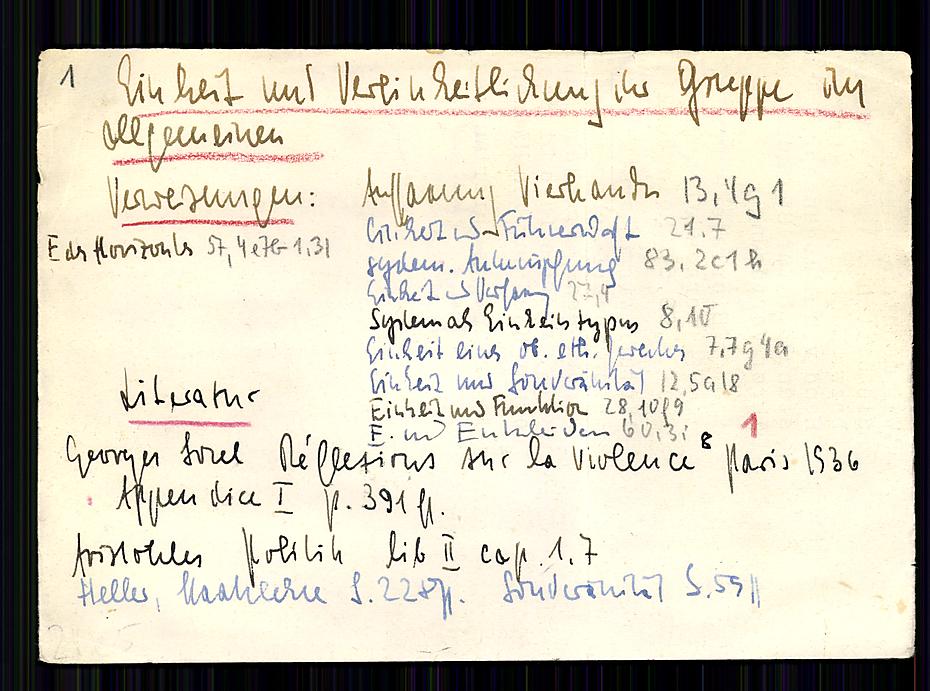Next: February 2021.
Inspired by Tom MacWright, I’m starting a “recently” series, where I’m going to branch out a bit from the usual topics of this site ― which weren’t very focused anyway. Aims to be monthly.
Streamers
The past year I’ve started to follow some streamers. It’s a lot of fun if you find someone that resonates with your interests and style.
Recently, I ran into a doctor who streams content about keyboards, memory techniques, and other things that I like. I was shocked by learning that he earns more money from his passive income (courses, ads on YouTube) than from his profession (being a doctor):
While these cases exist, he makes a pretty clear point that is quite unusual and difficult to get there. Your ability to earn anything is bounded by the markets you appeal to. Example: US viewers (high income) + tech/productivity topics (things people spend actual money in) can make you something if you become popular. Galician viewers + medieval literature is not that appealing from the perspective of the YouTube ads market.
A different model is Twitch (Amazon-owned), in which viewers can pay for the content, and half of it goes to the creator. One of the most popular streamers from Spain has grown from 600 to 6 000 paying subscribers since March 2020. Given that the minimum subscriber package is 5€, he’s making at least 15k€ monthly only from viewers. While he’s at the top (his end of year stream had more viewers than many Spanish TV specials), beginners can also make some money in Twitch. If you have 40 paying subscribers you can buy a new webcam, which is unthinkable with the same viewers on YouTube.
Who would have thought that a business model based on consumers paying for content is a lot more friendly to niche markets than mass advertising?
Note taking
I’ve been taking digital notes since 2009. It’s all markdown files stored locally and I still have all of them. +10 years worth of unused bytes sitting in my disk drives.
While I tried a few different approaches, I’ve settled for taking two types of notes since a few years ago:
- Library notes about things I read or watch.
- Journal notes about work and life.
They are named and stored chronologically, although with a few tweaks to make them searchable, especially on mobile. When I need to look up something, I search for it using VSCode, the editor I currently use for programming. It’s been ok so far.

I recently discovered another method of taking and storing notes popularized by the term “second brain”. Though the original author coined it “second memory” and that name makes more sense to me. The difference is that, while a journal is chronological and has a short lifespan, the way you organize your second memory aims to accompany you for decades and its goal is to help you connect ideas and develop new ones.
Though intrigued, I was unimpressed with what I read about this method by modern practitioners. So I went to the source: Niklas Luhmann, a german sociologist who famously used it to publish his papers and books from the 60s to the 00s. He called it the Zettelkästen, note boxes. The only paper he published about it, Communicating with Slip Boxes, is the best high-level intro I’ve found. If you are curious about the specifics after reading it, I also enjoyed this paper by the researcher in charge of digitalizing Luhmann’s state. The intro to his online archive is quite detailed as well.
Life
The year started with some snow, then rain, and always fog:
It’s not surprising that I spent a good bunch of my time at home, given the weather and the pandemic. Can report that I’ve watched a documentary series about Roman Engineering (in Spanish) that I liked. It was fascinating to learn about the techniques and knowledge they applied to a lot of things: where to settle, how to organize cities, how to build aqueducts, or how to squeeze as much mineral from nature as possible. The series is very well produced. It makes excellent use of space reconstruction with 3D techniques and the script has a good balance between the high and low-level details. The presenter is a knowledgeable engineer and historian. The only thing I found weird is that they dubbed him ― people from home and the internet agree with me.
Some food I’ve cooked and eaten:








Since I started a Portuguese course a few months ago, I’ve been introducing more Portuguese input in my life (series, music, etc). It’s the kind of thing I usually do when learning new languages.
Enjoyed 3%, a Brazilian TV show produced by Netflix. The story has a lot in common with The Hunger Games. It also borrows some themes from Christianism and Capitalism, such as only the worthy will have a place in the world of the good people.
I’ve discovered a generation of indie musicians based in continental Portugal: Miguel Araújo, Márcia, J.P. Simões, Luisa Sobral, Salvador Sobral, etc. There’s a lot more to music in the lusofonia than alfacinhas and tripeiros, though, and I expect to share more in the coming months. Anyway, it seems duets are a thing among this generation so I created a list with three I liked:



Leave a Reply